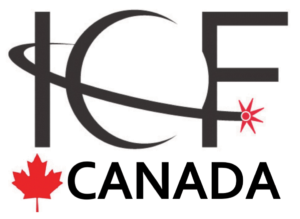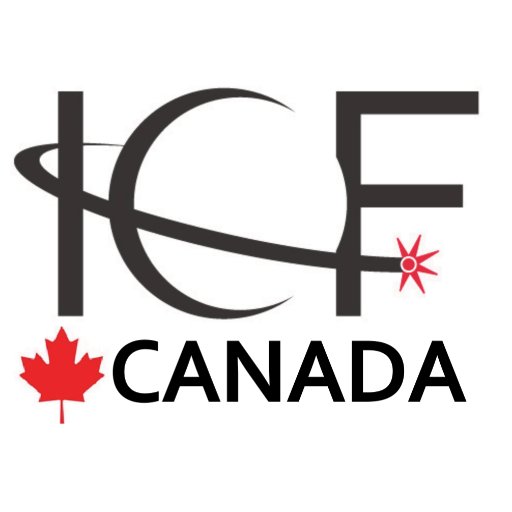
Moscow, Russia (Smart21 2017 and Top7 2017)
The capital city of Russia, Moscow produces more than 20% of that nation’s GDP and, with over 12 million people, is the largest city on the European continent. It is also a city that has taken enormous strides to build a collaborative, knowledge-based economy in a nation better known for top-down leadership, where 80% of exports are of oil, natural gas and other natural resources. But Moscow also has 26 technology parks and technopolises spread across all its districts, which support more than 1,300 high-tech companies. Plans call for more than doubling the number to 60 by the end of 2017.
They specialize in microelectronics, optoelectronics, photonics, medical tech, pharmaceuticals, analytical and monitoring equipment, robotics, telecom and energy. City government seeded the first set of tech parks with public funds but the primary source of investment today is private-sector. In addition to providing facilities, technology transfer, incubation and acceleration services, the tech parks develop human capital for Moscow. Leading universities, research institutions and businesses have implemented training programs extending from young children to graduate students, and opened 46 youth creativity centers serving 20,000 attendees.
The tech parks represent the top rung of a ladder of educational opportunity running through the public school system. The Moscow Department of Education collaborates with universities, colleges, research institutions and cultural organizations to offer specialized courses beginning in primary school. More than 150 Moscow schools offer profession-oriented medical and engineering classes across the grade levels. Universities develop the programs and train teachers to deliver them, while companies and medical institutions hold hands-on workshops where students learn occupational skills.
For high school students, the same team creates pre-university classes offering a higher level of training in engineering and medical subjects as well as design and research. By the end of the 2016-17 school year, 96% of Moscow schools will have implemented at least 3 profession-oriented programs.
In 2015, Moscow was second only to Seoul, South Korea in the number of free public Wi-Fi hotspots, according to PriceWaterhouseCoopers. A joint project of city government and private investors, the network includes 30,000 hotspots across the metro system, public spaces, student hostels, and bus and trolley stops. Every day, 2.5 million passengers connect to the network on the metro and 85,000 unique users go online in public spaces. All Moscow schools have broadband access, and more than 1 million Muscovites access school services online.
Mass broadband access has underpinned the success of Moscow’s large-scale investment in an e-government platform (www.mos.ru). In 2015, 5.4 million Muscovites used the platform and made 12.8 million requests for city services each month by computer or smartphone. An electronic document management system covers the entire city government and is used by 58,000 users. A unified health management system allows patients to make appointments and communicate with medical staff, while providing clinics and hospitals with a single platform for data management. The system serves more than 7.7 million patients annually.
One of the city’s proudest digital achievements is the VMESTE! System. It is an online platform that lets citizens make suggestions and propose solutions to problems, then conducts online votes to select the most promising ideas for implementation. Finally, it collects complaints about troubles with municipal services, which generate action and a public report.
In one example, VMESTE! launched an online discussion about issues with Moscow’s healthcare sector, and 60,000 Muscovites proposed more than 27,000 ideas, from medication e-vouchers to doctor appointments via smartphone. The online vote led to the selection of 150 citizen-proposed measures for implementation. They resulted in more convenient clinic schedules, an online appointment system, improved standards for service, an online platform for patient evaluation of the services received, and implementation of a medical information system to cut paperwork and better manage visitor flows. Patient evaluations of healthcare sector now rate 86% of appointments as satisfactory, and the innovations are on their way to saving the city more up to US$40 million per year.
Moscow is famed for its traffic congestion, with overloaded roads and many kilometers of traffic jams. In addition to its effects on quality of life and productivity, traffic congestion represents an environmental hazard. Moscow’s solution was the opening of the Moscow Central Circle, a ground-level rail line that circles the city. The system opened 31 stations in September 2016 and began running 200 passenger trains along the 54 km route. Careful planning went into changing the routes and schedules of buses and trolleys to coordinate with the Central Circle trains, and launching a single ticketing system for the entire network. In the first week of operation, more than one million people became passengers and the load on the metro system was noticeably reduced. Just as important, the Central Circle line is already revitalizing old industrial zones on the periphery of the city and attracting new investment in residential areas, tech parks, shopping and office centers, which are expected to create over 40,000 jobs.
The administration of Mayor Sergey Sobyanin has invested large amounts of money and political capital in a vision for Moscow as an attractive location for knowledge-based businesses, a center for learning and a city where government exists to serve the people as efficiently and transparently as possible. Deploying digital technologies to serve those ends, Moscow is turning one of the world’s megacities into an Intelligent Community.
To see for yourself, see their Website at: www.mos.ru
![]()
![]()
Want to have a voice in iCommunity.ca, the official newsletter of ICF Canada? Please send your blogs, announcements and other interesting content to John G. Jung at [email protected]

ICF Canada 1310-20 Bay Street Toronto, Ontario M5J 2N8 www.icf-canada.com
Contact: John G. Jung at [email protected] 1-647-801-4238 cell
Want to change how you receive these emails?
You can update your preferences or unsubscribe from this list
